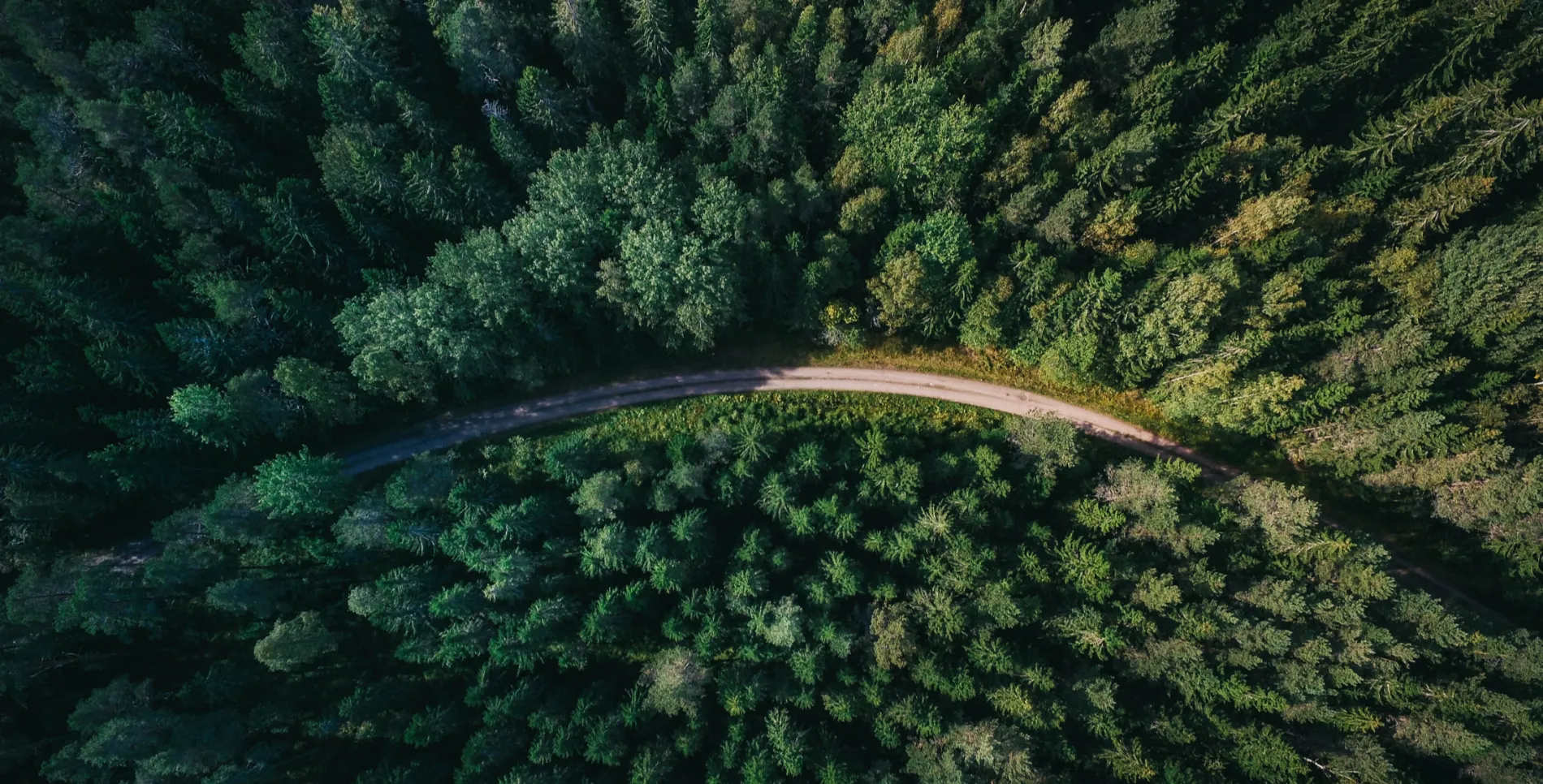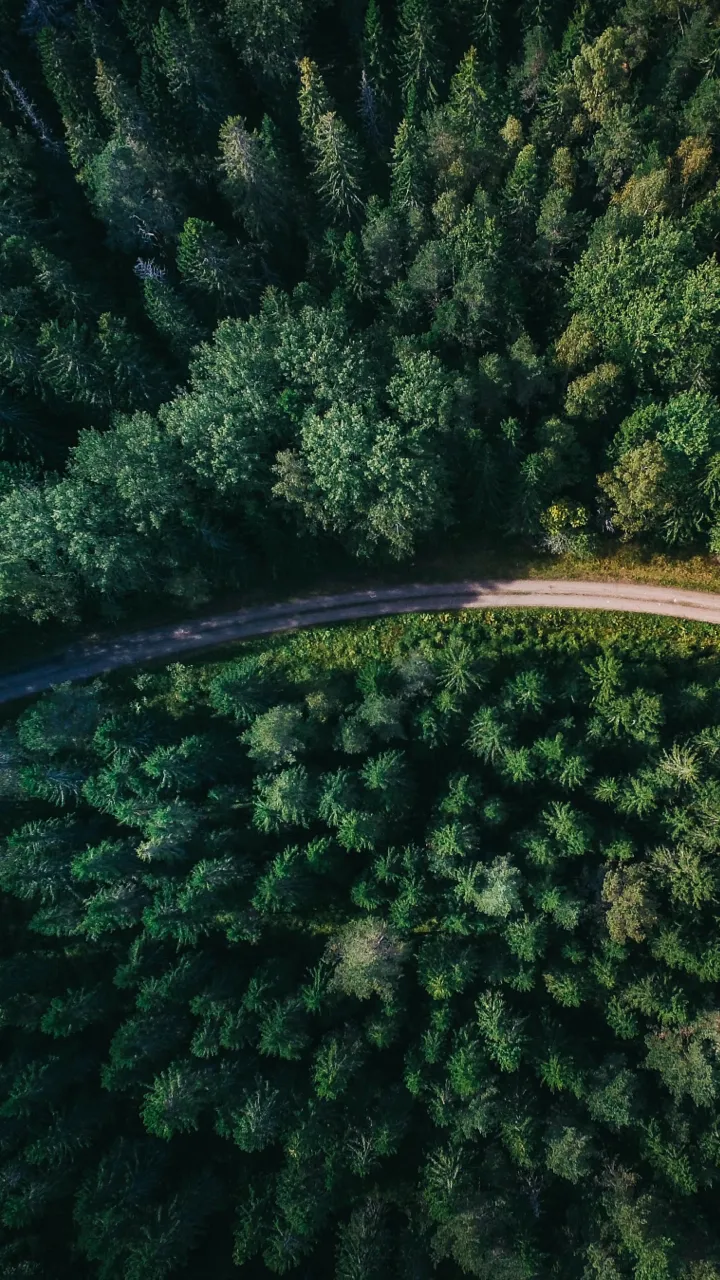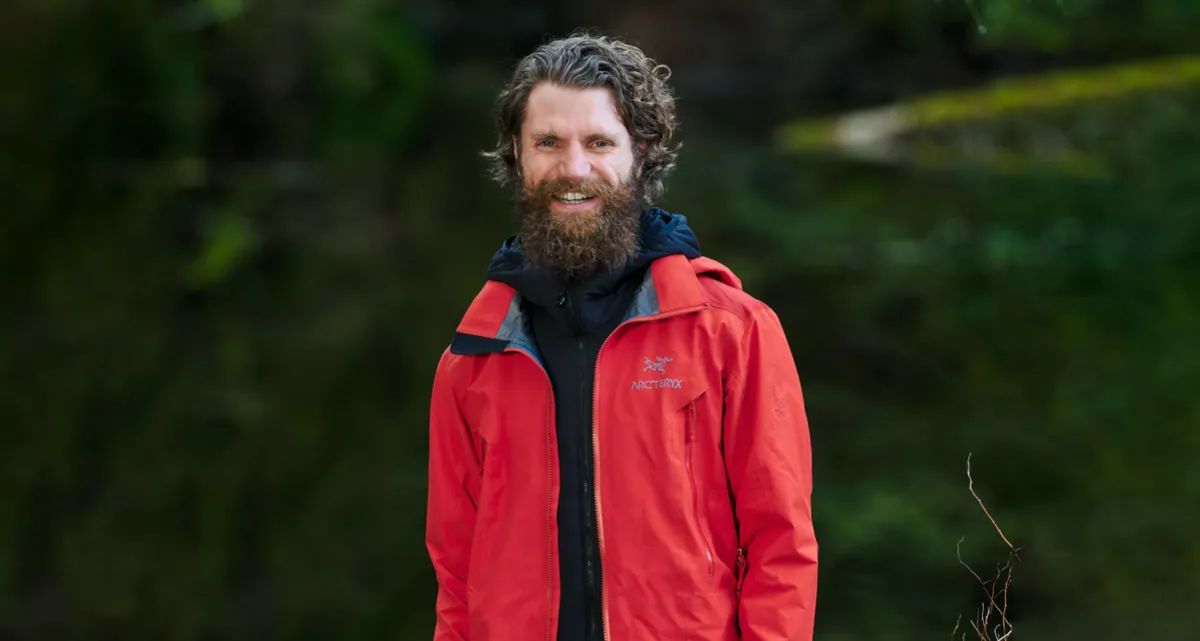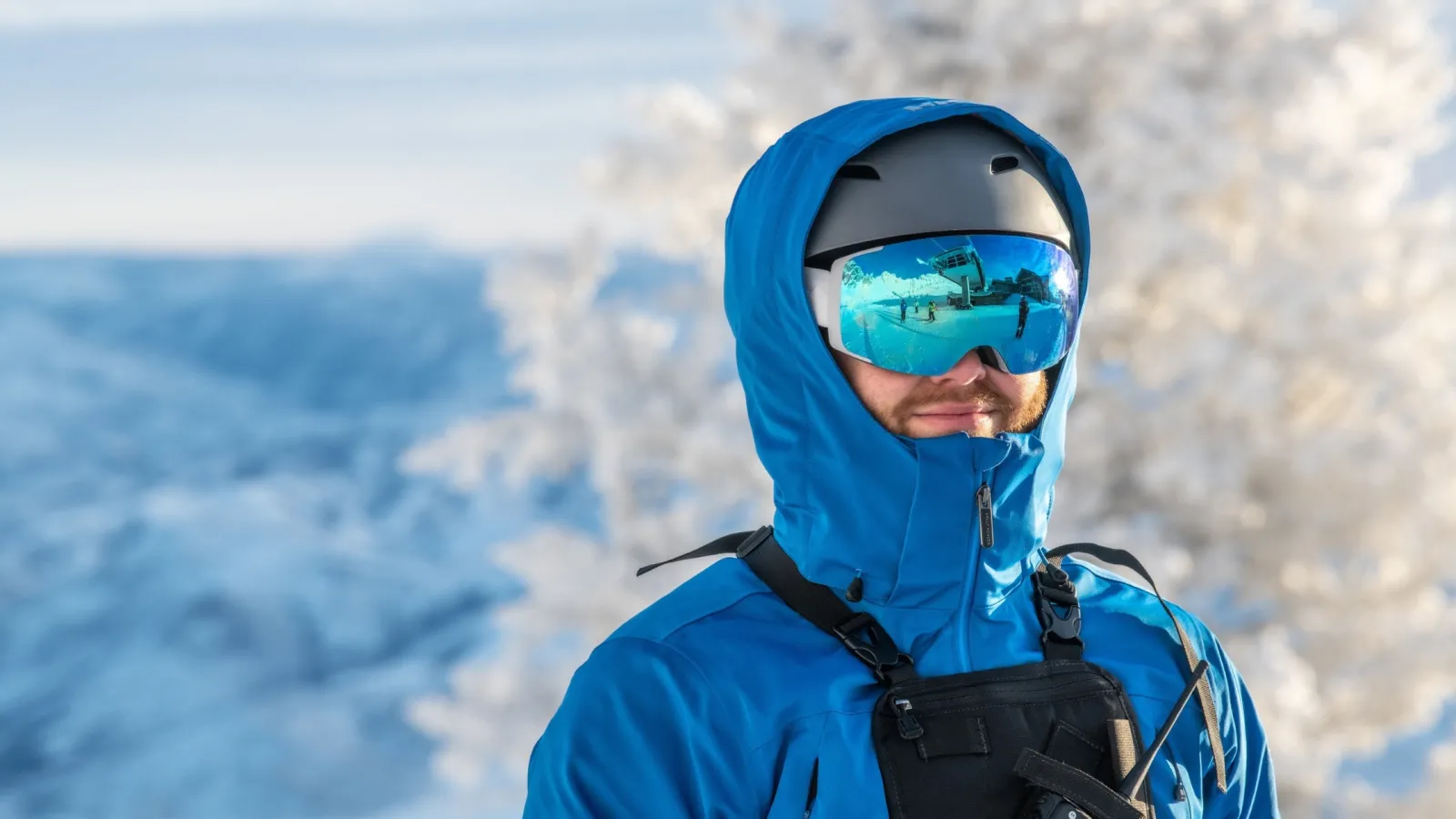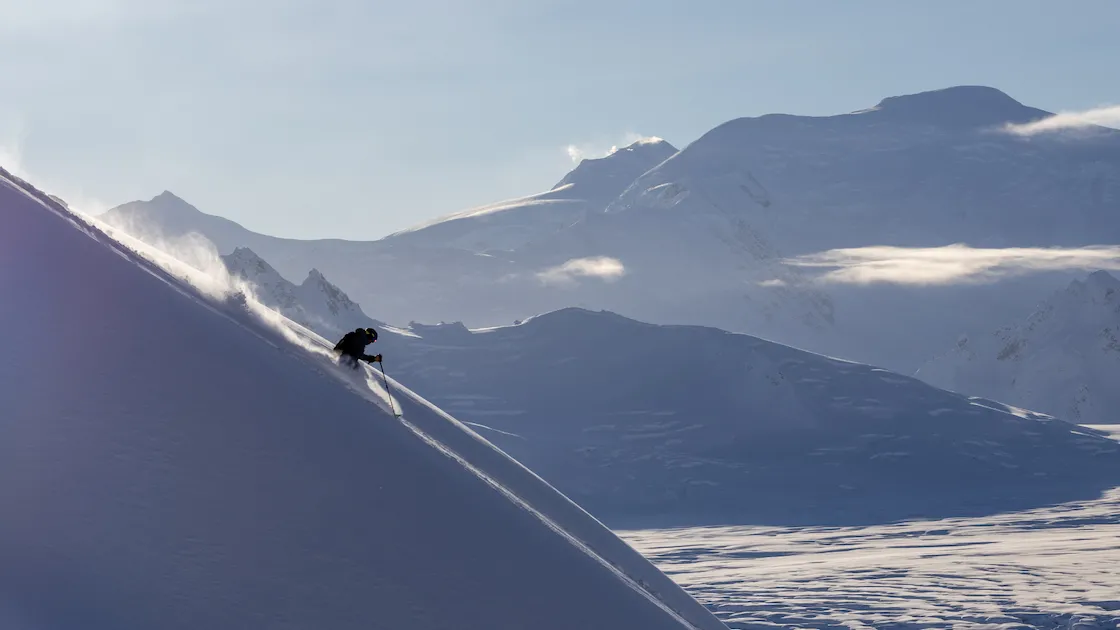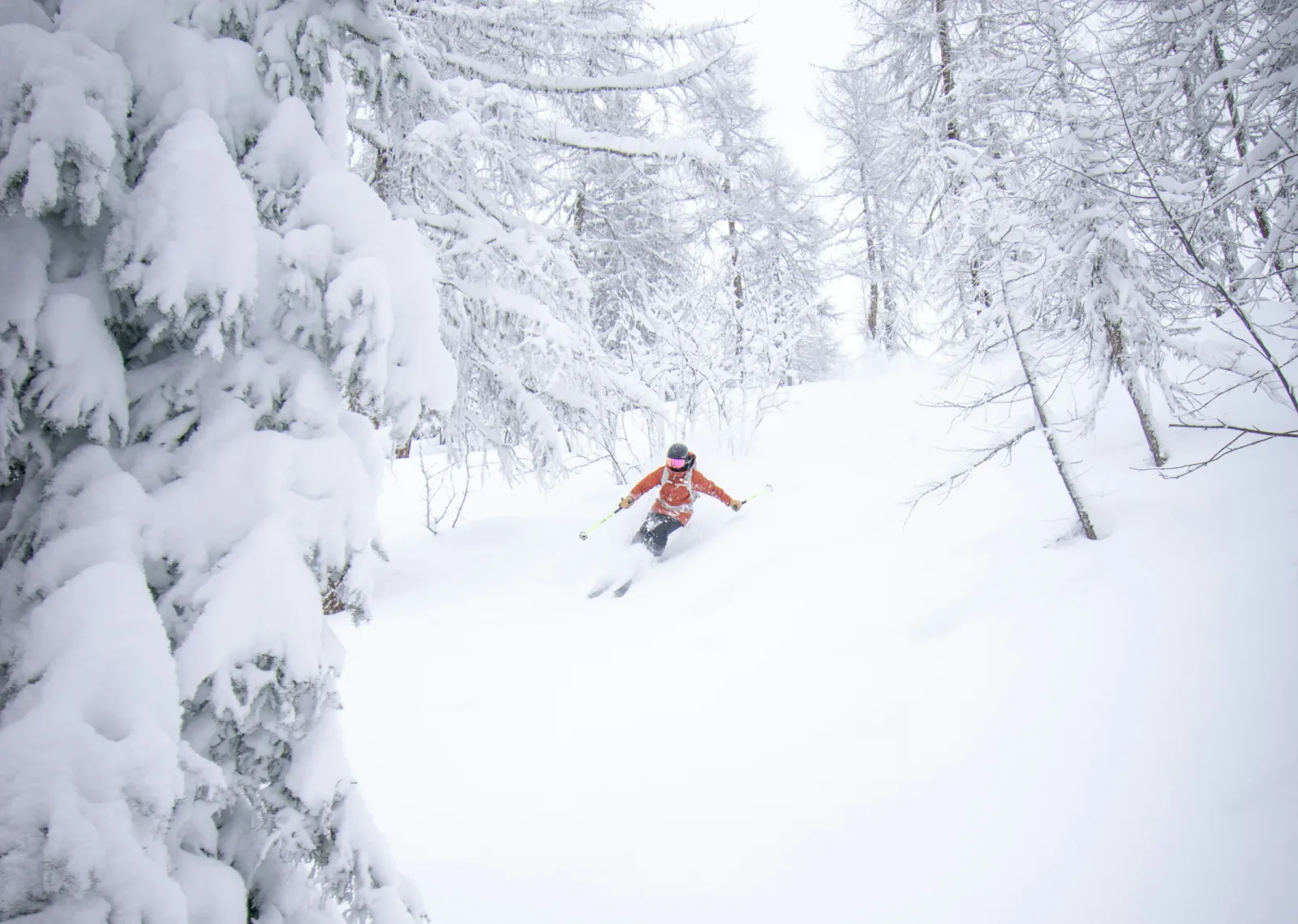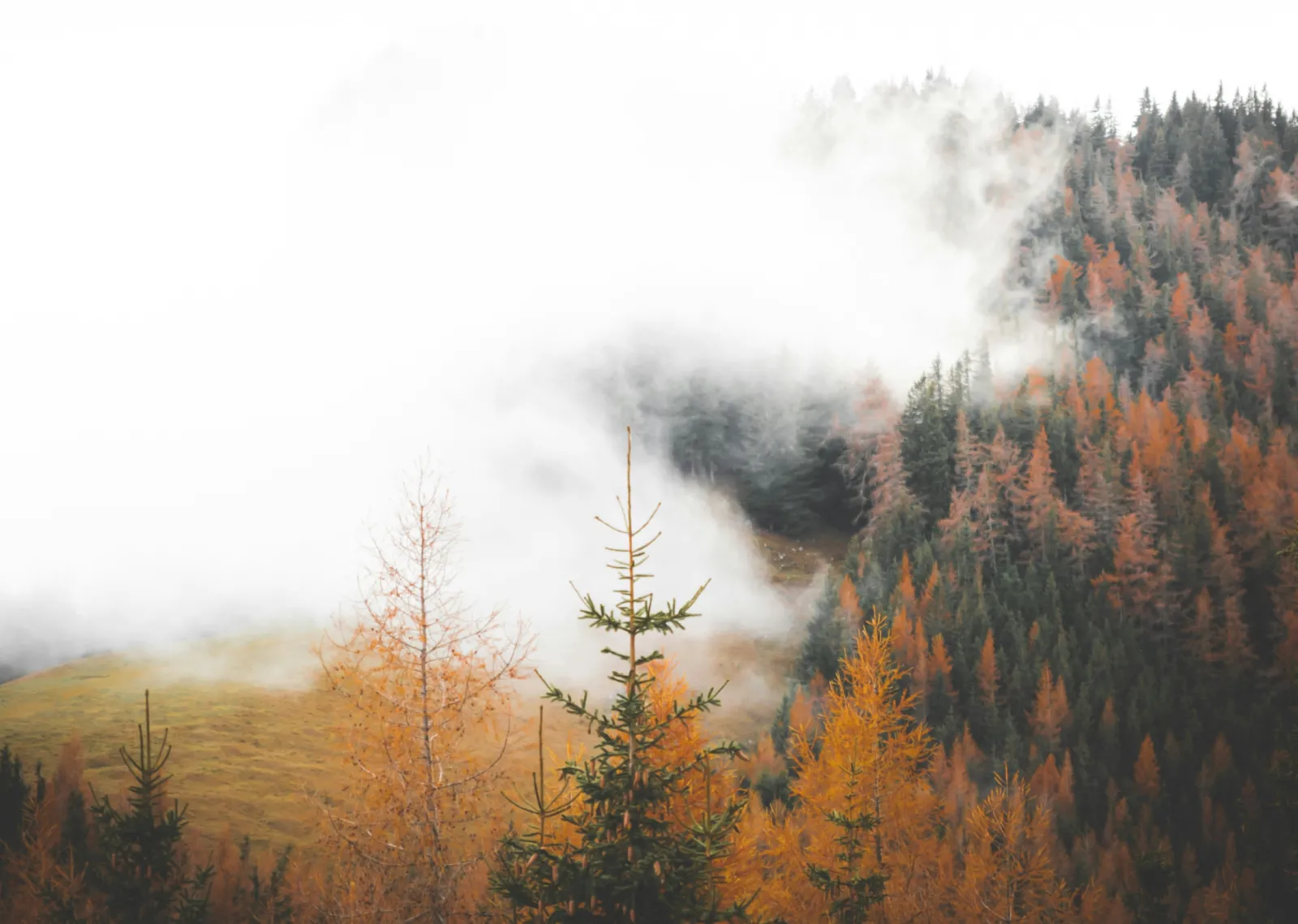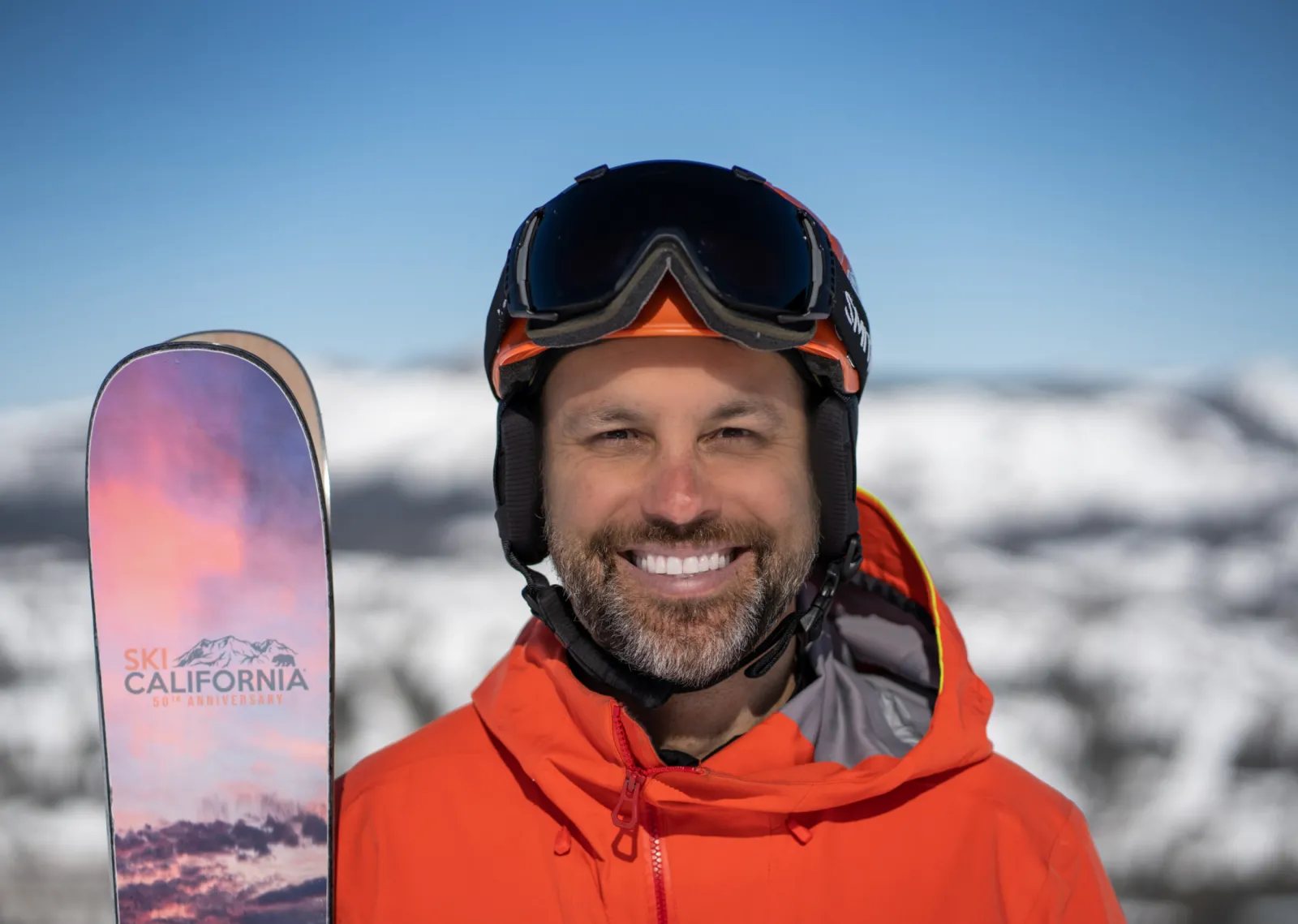How your brand can generate positive social impact
When we heard that Arcteryx had created the position of Social Impact Lead in early 2019 (now known as Manager, Community Impact), we were intrigued. What exactly does this role entail, particularly in the context of the outdoor industry? How does an outdoor brand determine which issues to address, and how best to address them? And what might they be able to teach other brands (and us at MMGY Origin!) about how to embark upon a similar journey? As usual, we had more questions than answers, so we turned to Dan Walker, Arcteryx’s Community Impact Manager, to learn more about how the brand conducts social impact work, and what this could mean for other brands in the industry. Disclaimer: Dan and MJ Legault, Origin’s Principal, are previously acquainted from their mutual work with POW Canada.
Origin: What does a community impact manager do? Tell us about your role.
Dan Walker: My role is about seeking to understand the values we hold at Arcteryx and why we came to be. From that, we can determine our unique identity and the role we can play in the space of impact. To stop there would be to do only half a job; ultimately I must lead our brand to take action on those values today and far into the future.
Origin: That sounds fairly straightforward, but I bet it’s not so simple.
DW: I always come back to the idea that values don’t live in the abstract, they become true with meaningful actions that build one atop the other. So really that’s my work: Based on our values, what are the actions we are taking and how can we extend those actions far into the future?
Origin: How does that actually take shape?
DW: The key is to acknowledge the brilliance of community leaders who are truly leading the movement towards a more just and equitable society. From that place, we seek to truly listen to communities to understand organizational needs and those of the broader movements in which we’re engaged, be that around climate or equitable access to nature. This partnership with community informs what I’m going to advocate for internally, and how we’re going to map our resources to the needs of the movements we support.
That’s the work I do and I totally love it. It’s a great privilege to get to do this work and to see what is being led at a community level. That's really where the powerful things are happening. I think one lesson I take from all this work is the more we can listen to the community, the more we can acknowledge the leadership from within community, the stronger the communities we each share will be.
Origin: When I think of social impact at Arcteryx, I suspect it starts internally. I didn’t imagine the external influence being so critical in helping define where you would get involved or donate. Which leads the other?
DW: Both run in tandem. It's beholden on a brand to do the internal work of understanding its values, and the societal challenges that are connected to its work. For instance, If Arcteryx decided to do work around cancer research, there would be a disconnect. It’s unquestionably an important issue, but can we have the greatest impact here? Likely not.
It’s important to do that work first to define who you are. Through our work, we continually pose the question why, applying it to all that we do: Why do we take action on climate? Why do we build the jackets that we do? Why do we volunteer our time on trail days? Why do we go outside in the middle of rainstorms? The thread that ties each response together is a central belief in the importance of connection to nature. It’s that which is at the core of our identity and where we can have the greatest impact. It’s the reason our approach focuses on actions around the climate and the movement towards equitable access to nature.
Once you understand your identity and have a deep commitment to it, you need to work in partnership with community leaders to build relationships and understand the needs of the movement and the role you might play through the resources you possess. In essence, you need to work towards building trust and moving resources to support the leaders of the movement.
Origin: It sounds like social impact is led from the top. You don’t run a “department” in a silo. Can you expand how that works?
DW: Within the organization, it’s interesting to think about how the work gains momentum. At the outset, we were very, very grassroots and very small but slowly over time, as the work involved more people, you see small wins start to build momentum. The momentum draws more people into the work to a point where we now have a groundswell of engagement across the organization. It’s exciting to dream about the impact that can come from that.
Origin: How do we advocate for more of that in the outdoor industry?
DW: The way organizations are structured to support this work is in transition. I would say the way the work of impact is embedded in organizations, is still at a level of immaturity across the sector. You don’t yet see at scale impact roles on leadership teams, but I believe that’s where we’re heading. Right now, a lot of my work is trying to onboard those leaders as to why this work is relevant and to explore the actions we might embed in their areas of work.
For example, a commitment to supporting the movement towards equitable access to nature has implications right across our business. Within retail, what conversations are we having in store, and how are we thinking about store design such that it welcomes all people? Within the brand, whose stories are we sharing and who is behind the lens telling those stories? This is an ongoing process as brands seek to embed their commitments to impact across all that they do. In my role it’s no different, as I seek to work with leaders of the organization to explore the role their work might play in the movement towards equitable access to nature.
Origin: I recall us talking about the idea of mental health. That was something Arcteryx recognized as important and connected to your values. And it was interesting to me because at first blush, it isn’t an obvious connection. Can you speak to that process and thinking? How did it come about?
DW: The connection to mental health is foundational to so many aspects of our lives. A few years back we asked the question why did we build our first climbing harness? To make a better harness, sure. But beyond that why did we think there was value in building a better climbing harness?
At the heart of this we unearthed an insight tied to the transformational power of nature. For many people connected to the brand, there’s been an anecdotal sense that when we’re connected to nature, it does something to us. It unlocks the best version of ourselves. It connects us to our community and the land. I feel this myself: I went out earlier today and you’re talking to a better version of me simply because of that.
At the same time, there is a direct tension here between the transformative power of nature that many are privileged to experience (myself included) and the fact that many people and communities are excluded from the outdoors. The mental health benefits of connecting to nature is yet another reason why it’s critical that the movement towards equitable access to nature succeeds.
Mental health needs also be a key consideration for the community leaders engaged in the work towards a more just and equitable society. I was recently on a call with The Starfish Canada - an amazing organization that connects young environmental advocates and change makers - and the group of the Top 25 Environmentalists under 25 was asked what was the biggest barrier to society succeeding in the movement toward an equitable and just climate future? By a long, long margin, anxiety and burnout was the greatest concern. It shocked me and really challenged my thinking. We have phenomenal young leaders pushing towards a better future and their biggest concern around the movement towards a more just and equitable society is the mental health of those leading the movement. That raises an important question for me: How do you start to incorporate mental health as an element of the movement? It’s less conventional, and you rarely see organizations supporting that side of things but it’s critical. Without it, we’re not holistically supporting the movement in the way we should.
Origin: How often do you revisit your values or your pillars? Do you set a plan and stick with it for three years or is it something that always evolves?
DW: Our core values are fairly consistent and connection to nature will always be an important focus for us. The element that must evolve over time is the actions we take. The work is dynamic and as we continue to learn from community leaders we must be willing to constantly reevaluate and adjust our approach,
Origin: If your efforts are successful, how will you know?
DW: When considering if a project is successful it’s important to consider who is determining whether or not a project is successful. In our approach, we see community leaders as the rightful decision makers on the success of their initiatives. Each organization is seeking to serve a unique community and has developed relevant goals and measures of success for their community. We trust the wisdom of these community leaders and support them to pursue work that is most relevant to their community.
Instead our role is to hold ourselves accountable to being the best possible partner we can be to the movement towards equitable access to nature. It begins with questioning where we’re allocating resources: Are we providing resources to organizations that are led by folx who have been historically excluded or are we perpetuating privilege through the resources we invest?
We also need to ask ourselves if we’re being a good partner and supporting the work of the community leaders in the way they need. We seek to understand our partners objectives, needs, and initiatives on which we can partner. It’s these questions that we continually return to throughout our partnerships, always seeking to push ourselves to be a better partner.
Origin: Do you have any advice for brands who are just starting on their social impact journey?
DW: I’d encourage brands to begin by asking themselves why this work matters to them. This understanding is vital, and without it’s difficult to truly commit to the work needed. Once you understand your reason for engaging in this work it’s important to then understand the skills you uniquely possess and the societal needs in which you may play a role. There is never a blueprint you can apply, this work must come from your values.
Once you’ve understood your values and confirmed your commitment to this work, it's about listening to the community and trying to understand what the movement needs and how you can best support it. This ongoing dialogue with community is absolutely critical and all too often overlooked.
In terms of moving to action, my advice is to start small. Start with developing a relationship with one organization or community, then learn about the movement and how it's interconnected. Focus on building quality relationships that center community rather than sheer quantity of relationships that fail to build relationships. Slowly build momentum - it will take time, but it will eventually become embedded. Your brand will eventually reach a tipping point, when it’s no longer possible to not do this work.,
Also, feel invited to reach out to other organizations who are on this journey towards a just and equitable society. I'm always happy to chat about the work with anyone else who is looking to start. The societal shifts we require can only be achieved through concerted efforts across the entire business sector. I know that if more brands truly engage in this work in partnership with the community, dramatic change will follow.
Origin: OK, one last question…How do you describe your job to your parents
DW: Haha, save the hardest one for last… In truth, that’s part of the work - to articulate the inequities society holds and share the approaches we might take, either in a business or personally, to move power and trust to people and communities who have been traditionally excluded. That’s the work I’m pushing on both personally and professionally.
Along with expert digitally driven marketing strategies and innovative creative services, MMGY Origin also offers a monthly newsletter about the outdoor tourism and sports industry.
To subscribe to “Insights on The Outdoors,” visit https://www.originoutside.com/newsletter or contact us online.
